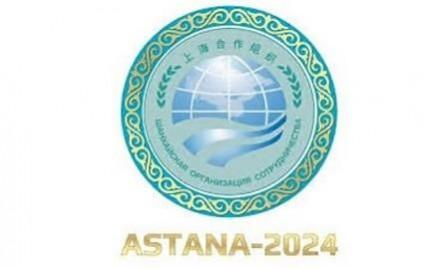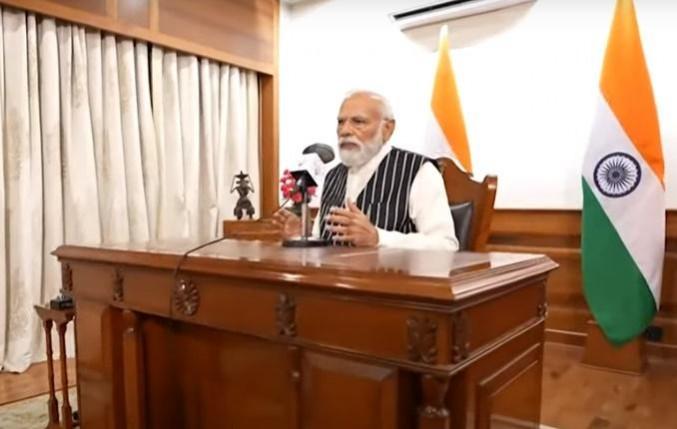
The 24th SCO Summit welcomed Belarus as its newest member, marking a significant milestone. Discussions at the summit revolved around regional security, economic development, and transportation capacity. The issue of cross-border terrorism was addressed, with calls for decisive responses from the SCO. The inclusion of Belarus raised questions about future dynamics within the SCO, with reaffirmed commitments to partnership and cooperation.
The 24th Meeting of the Council of Heads of State of the Shanghai Cooperation Organization (SCO) marked a significant milestone in the history of the association, as it welcomed Belarus as its newest member. The summit, held in Astana, Kazakhstan, was attended by representatives from China, Russia, Kazakhstan, India, Iran, Kyrgyzstan, Pakistan, Tajikistan, Uzbekistan, Belarus, Mongolia, Azerbaijan, Qatar, the United Arab Emirates, Turkey, and Turkmenistan, along with the SCO Secretary-General and the Executive Director of the SCO Regional Anti-Terrorist Structure.
The official ceremony saw the signing of all relevant documents for Belarus's membership. Kazakh President Kassym-Jomart Tokayev announced the decision, congratulating Belarusian President Alexander Lukashenko. In response, Lukashenko expressed his country's commitment to expanding the SCO's influence and broadening its circle of allies and supporters.
The summit's discussions revolved around several key areas, including regional security, economic development, and transportation capacity. The routes across Azerbaijan were highlighted as crucial for enhancing the SCO region's transportation capacity. Olzhas Beisembayev, an expert of Kazakhstan's Institute of Social Development, emphasized the importance of these routes in expanding the SCO's connectivity, aligning with China's One Belt, One Road initiative.

The summit also addressed the pressing issue of cross-border terrorism. Indian Prime Minister Narendra Modi, represented by Foreign Minister Subrahmanyam Jaishankar, emphasized that cross-border terrorism requires a decisive response from the SCO. He urged for isolating and exposing countries that support terrorism and called for countering terrorism financing and recruitment.
The summit was not without its geopolitical implications. The inclusion of Belarus, a staunch ally of Russia, raised questions about the future dynamics within the SCO. Russian President Vladimir Putin and Chinese President Xi Jinping reaffirmed their commitment to a comprehensive partnership and strategic cooperation, emphasizing that their cooperation was not aimed against anyone and was not creating any blocs or alliances.
The summit also saw discussions on the role of the SCO in promoting a multipolar world, with Chinese President Xi Jinping expressing Beijing's opposition to hegemonism, the policy of force and bloc confrontation. This stance aligns with the SCO's original goals of settling territorial disputes and promoting regional stability.
The 24th SCO summit was a testament to the organization's growing influence and its commitment to addressing regional and global challenges. As the SCO continues to expand its membership and deepen its cooperation in various fields, it is poised to play an increasingly significant role in shaping the geopolitical landscape of the region. The inclusion of Belarus in the SCO marks another step in the organization's evolution and its ongoing efforts to promote regional stability and cooperation. The summit's outcomes reflect the SCO's commitment to fostering dialogue and cooperation among its member states, addressing pressing regional challenges, and promoting a multipolar world.









